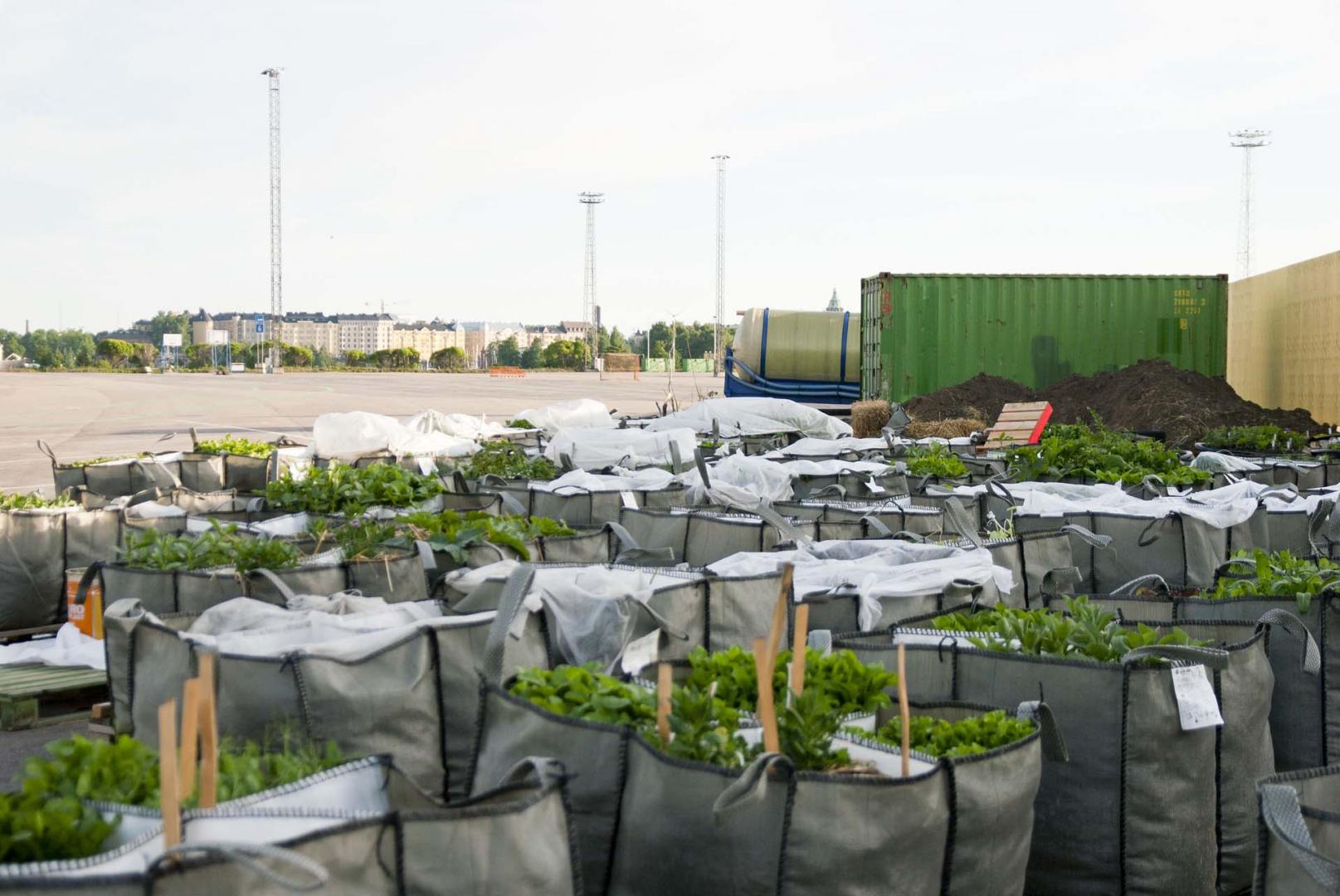Sitra takes a broad and societal approach to bio-economy – an approach that has influenced Finnish government policy.
What does “bio-economy” mean to you, if anything? Perhaps one of three things. To many people, it’s an area of the economy based on a certain kind of biomass or biotechnology-based business. To others, it might be a way of using business with a positive ecological impact to combat specific environmental challenges. And to a third group, it means something much broader, amounting to nothing less than a completely new social and economic framework for sustainable living.
Sitra director Eeva Hellström firmly places herself in the third camp. “Bio-economy is a topic high on the agenda at the moment,” she says. “But the situation is confusing because there is no common agreement as to what bio-economy really is.
“My concern is that when people talk about it they actually mean bio-business or bio-based production as a business area. But we are interested in it as a societal order, a way to figure out how we can live on earth sustainably, affecting society in a very profound way. It makes us think about the future in new terms.”
An independent online survey by Sitra in 2011 revealed the need for a more clearly defined structure if bio-economy is to thrive. Posing the open question, “What are the challenges for future bio-economy?”, the survey revealed the perception of bio-economy as bio-based business – that is, production and refining of biomass using biotechnology. In this perception, the challenges are seen as specific to separate sectors, from forestry to agriculture and from bio-energy to bio-technology.
“From Finland’s point of view, we have the opportunity to develop a real bioeconomy, because we have a great supply of renewable resources,” believes Eeva Hellström. “But that is not enough because we are also consuming natural resources too quickly, and our footprint is higher than it should be to be sustainable. We have opportunities to develop society more widely, not just to support the bio-business sector.”
Business opportunities
The next phase of the survey encouraged respondents to think more deeply about the challenges, as a result of which nutrients, land and water emerged as future challenge issues at the heart of bio-economy.
“Water and nutrient cycles have not been regarded as being as important as they should be in developing a bio-economy,” says Eeva. “At the same time, the effect of local solutions on global challenges needs to be better understood. When developing business we have to understand water and nutrient cycles, and there are big business opportunities here.
Eeva and Sitra believe Finland has the opportunity to be global leaders in the bio-economy. “Resources and knowledge exist here, along with the desire to produce a sustainable base. Societies that can develop sustainably will be winners in the future, but it’s not just a Finnish thing – while developing ourselves, we hope to contribute also to global issues.
“Sitra’s main role is to increase understanding of what the bio-economy is and its importance to future society. We concentrate on local models and value cycles, because local considerations will lead to global solutions. That’s where we are investing. There are not many actors doing this so far.”
Sitra’s bio-economy approach has influenced Finnish strategy via a 2009 Natural Resource Strategy, drawn up as a non-government process but submitted to government as a basis for its own plans. The government policy on bio-economy and natural resources that emerged in December 2010 was firmly based on Sitra’s recommendations.
Tim Bird
